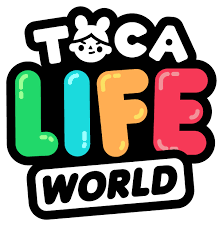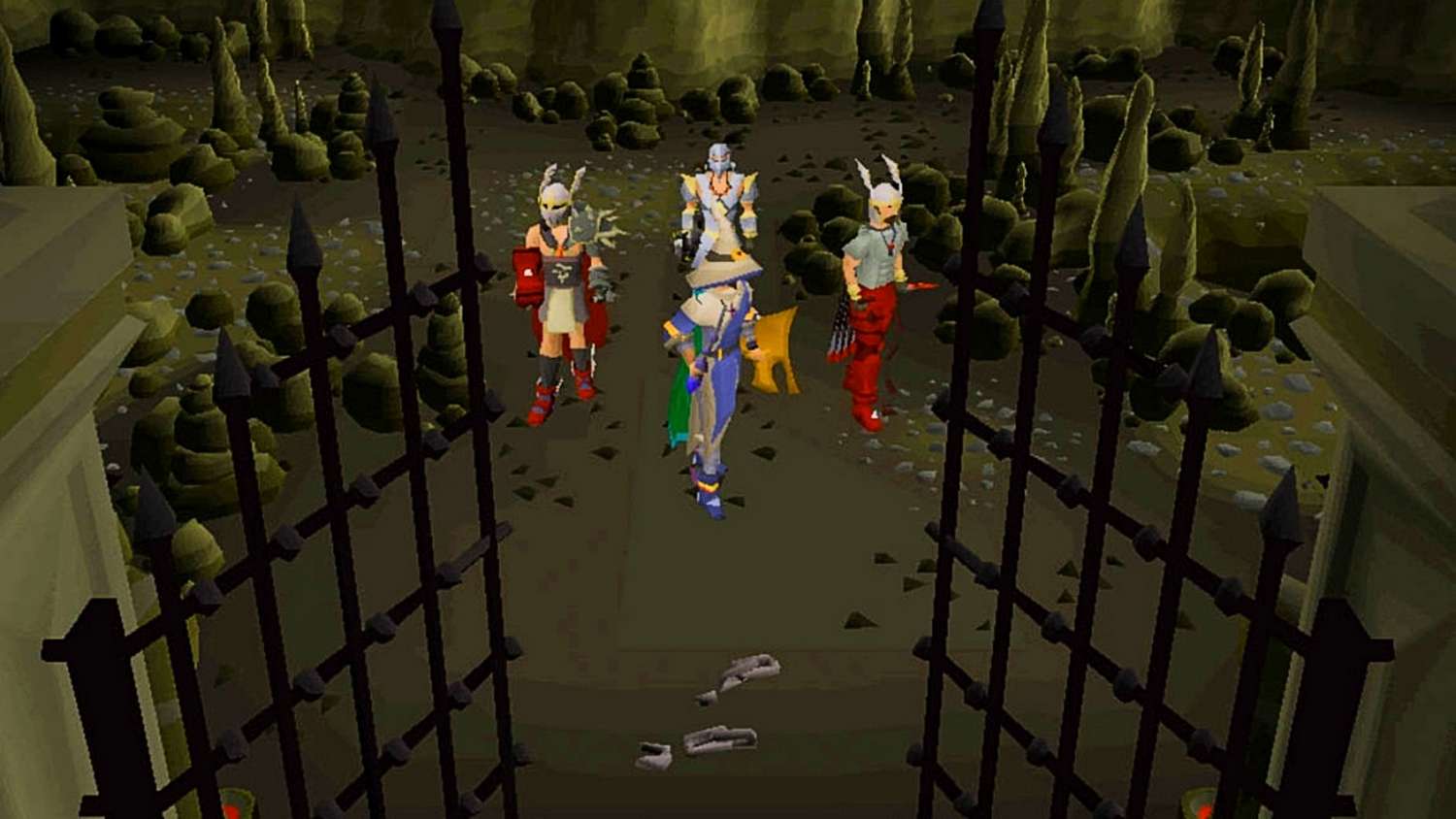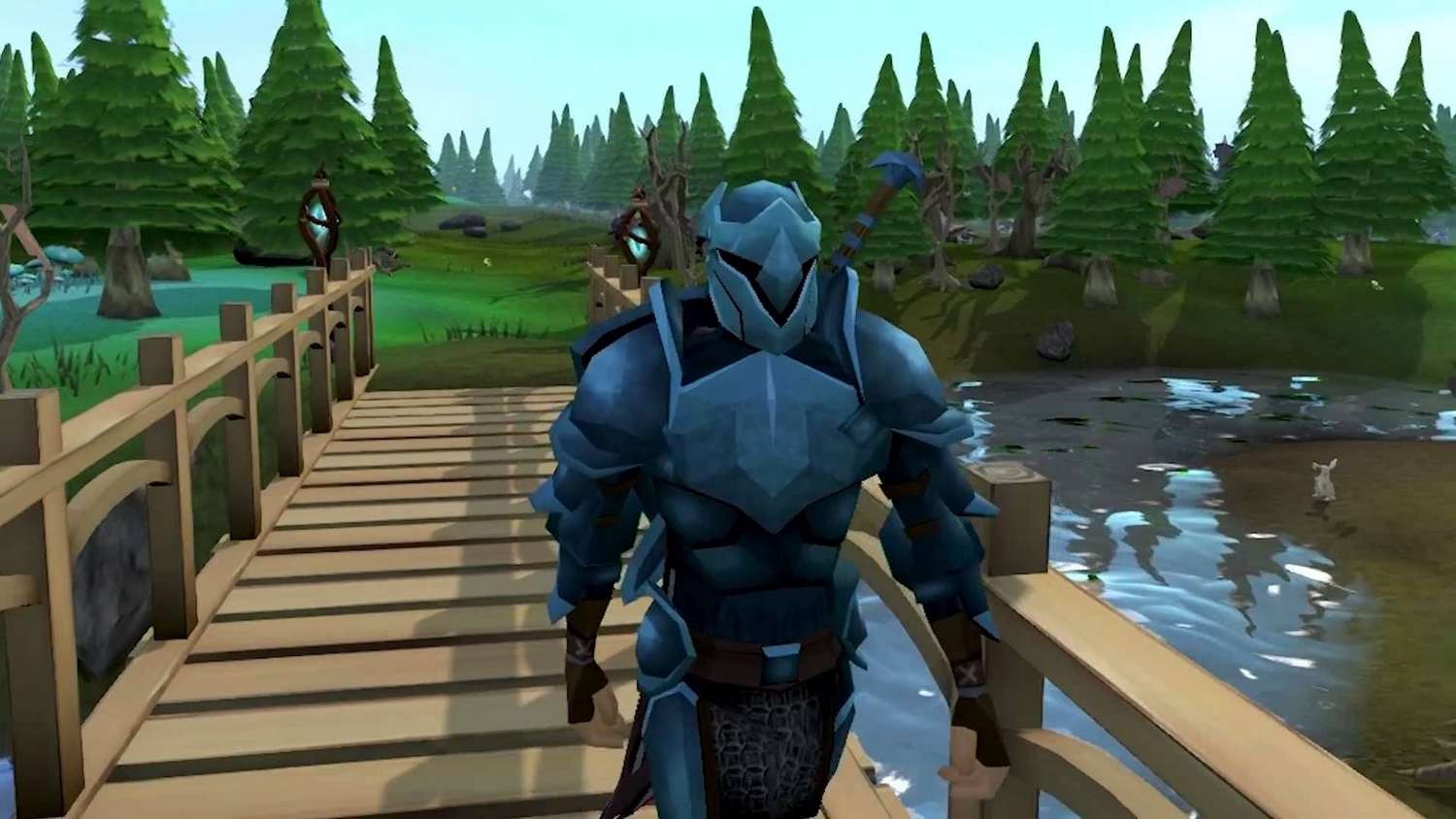RuneScape’s Audacious Economic Overhaul: Jagex Dares to Reshape the MMORPG Landscape
Popular Now
 Fortnite
Fortnite
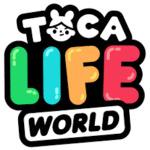 Toca Boca World
Toca Boca World
 Auto X Drift Racing 3
Auto X Drift Racing 3
 Candy Crush Saga
Candy Crush Saga
 Garena Free Fire: Kalahari
Garena Free Fire: Kalahari
 EA SPORT FC 25
EA SPORT FC 25
 Roblox
Roblox
 Fall Guys
Fall Guys
 CarX Street
CarX Street
 Sonic the Hedgehog™ Classic
Sonic the Hedgehog™ Classic
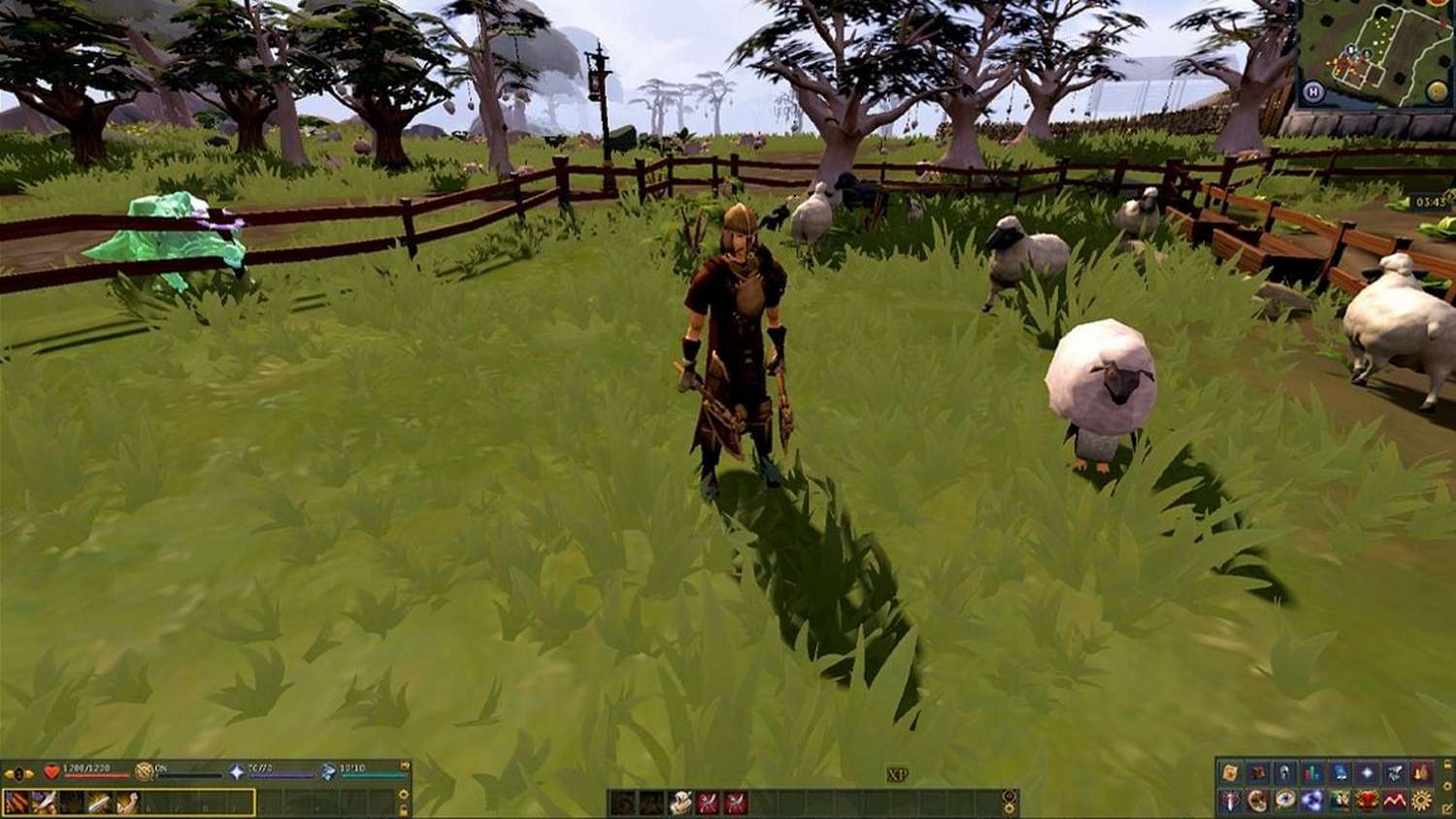 The Unprecedented Challenge: Jagex’s Bold Stance on Virtual Economies
The Unprecedented Challenge: Jagex’s Bold Stance on Virtual Economies
In the fiercely competitive realm of massively multiplayer online role-playing games (MMORPGs), developers often tread carefully, balancing innovation with the comfort of established player bases and the pursuit of profitability. Yet, Jagex, the veteran studio behind the iconic RuneScape franchise, appears poised to defy conventional wisdom, embarking on a strategic shift so profound it could redefine how virtual economies are managed. This isn’t merely another content update; it’s an ambitious re-evaluation of core gameplay mechanics and monetization strategies, positioning RuneScape to do something most modern gaming titles wouldn’t dare.
For decades, RuneScape has cultivated a deeply player-driven economy, a dynamic ecosystem where item values fluctuate, and wealth is often a testament to dedication and market savvy. However, this very freedom has also made it susceptible to persistent challenges: inflation, botting, and real-world trading (RWT). These issues, endemic to many persistent online worlds, dilute the player experience and threaten the long-term integrity of the game. Jagex’s impending move seeks to directly confront these perils, demonstrating a commitment to the game’s foundational principles that few developers have the courage to uphold.
A Legacy of Daring Decisions: RuneScape’s History of Disruption
RuneScape is no stranger to controversy or radical change. Throughout its more than two-decade history, the game has repeatedly demonstrated a willingness to make unpopular decisions for the perceived long-term health of its virtual world. Perhaps the most famous example was the 2007 removal of free trade and the Wilderness due to concerns over RWT and account security. While initially met with immense player backlash, this drastic measure eventually led to a more stable economy, and ultimately, its reversal and the creation of Old School RuneScape, showcasing Jagex’s unique relationship with its community and its understanding of economic leverage.
This historical context is crucial. It underscores a developer philosophy that prioritizes game integrity and player investment over immediate gratification or the avoidance of short-term dissent. As the gaming industry increasingly leans into aggressive microtransaction models, battle passes, and subscription fatigue, RuneScape’s upcoming strategy represents a counter-narrative, a daring proposition to fortify its virtual assets and player experience from within, rather than continually layering on new monetization schemes.
The Imminent Shift: Economic Sovereignty and Player Investment
While specific details are often guarded until official announcements, industry whispers and Jagex’s own subtle communications point towards a comprehensive economic overhaul. This isn’t just about tweaking drop rates; it’s about a foundational restructuring designed to:
- Aggressively Combat Inflation: Introducing novel, dynamic gold and item sinks that react to market conditions, ensuring that wealth generated through gameplay retains its value. This could involve controversial measures like temporary wealth taxes on inactive accounts or dynamic pricing for essential vendor items.
- Fortify Against Real-World Trading: Implementing sophisticated, potentially intrusive, anti-RWT measures that make the practice unprofitable and high-risk, thereby protecting the legitimate player economy and making time invested in the game more valuable.
- Re-Evaluate Core Monetization: While not abandoning their current models (membership, bonds, RuneCoins), Jagex is expected to review their impact on the economy, potentially re-aligning premium content acquisition with in-game economic health rather than solely revenue generation. This might involve making certain premium aspects more integrally tied to gameplay achievement or long-term engagement.
- Empower the Player-Driven Market: Despite aggressive anti-inflation/RWT measures, the core principle of a player-driven Grand Exchange will remain, but with newfound robustness and fairness, allowing genuine market forces to dictate values without manipulation.






